Tag: Health and Wellness
-

Ways to Relax
Let’s face it, life is busy. Sometimes it catches up with us, leaving us feeling stressed and overwhelmed. When this happens, you need a way to fight back. Fortunately, even just a few minutes can be enough to help you recharge. Here are 26 ways to relax. Breathe Take 5 deep breathes, give it your…
-

Nausea: When To Seek Medical Advice
Nausea is very common symptom that is associated with a wide range of health conditions, referring to the physical discomfort that gives a person the feeling that they may be about to vomit. Often the cause of vomiting or nausea can be determined fairly easily by looking back at a person’s recent actions (such as…
-

Is Facebook Good For Your Health?
Is Facebook good for your health? It’s a big question, and as social media continues to become more and more prevalent, an important one. According to a 2013 study by Facebook and IDC, smartphone users check Facebook as much as 14 times a day. Any time an action becomes habitual and compulsive like this, it…
-
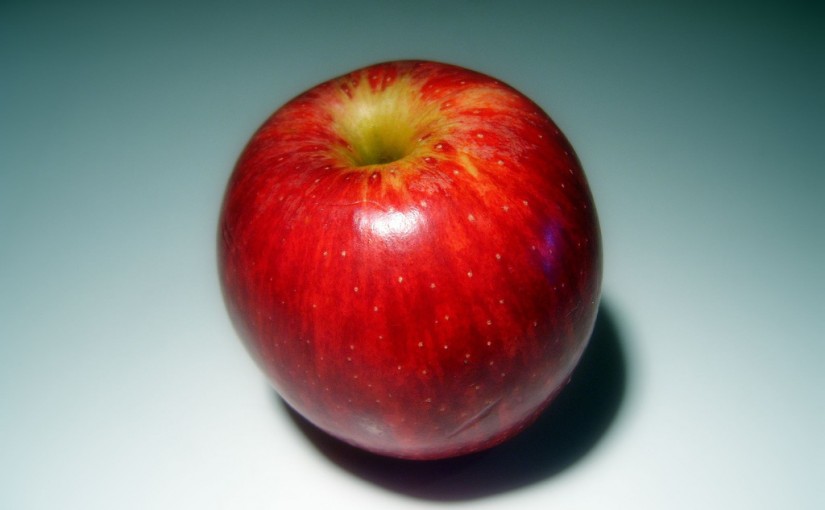
Does An Apple A Day Really Keep The Doctor Away?
Just as the age-old adage promises, it seems an apple a day really can keep the doctor away. Apples (along with other fruits and veggies) pack a combination of vitamins and minerals that out-power supplements like artificially made vitamin capsules. These nutrients are critical for our bodies’ health—not only do they keep our immune system…
-
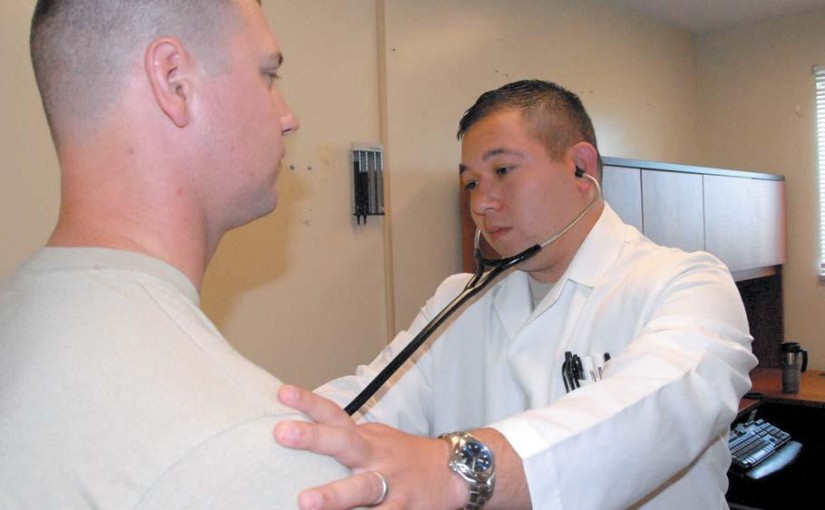
The Importance of Doctor’s Check-Ups
Most of us find plenty of reasons to drag our feet when it comes time to get a medical check-up. After all, if you’re feeling fine, why bother? You’re a busy individual, with plenty on your plate already at work and at home. Maybe the idea of finding something wrong even makes you uncomfortable, which…
-
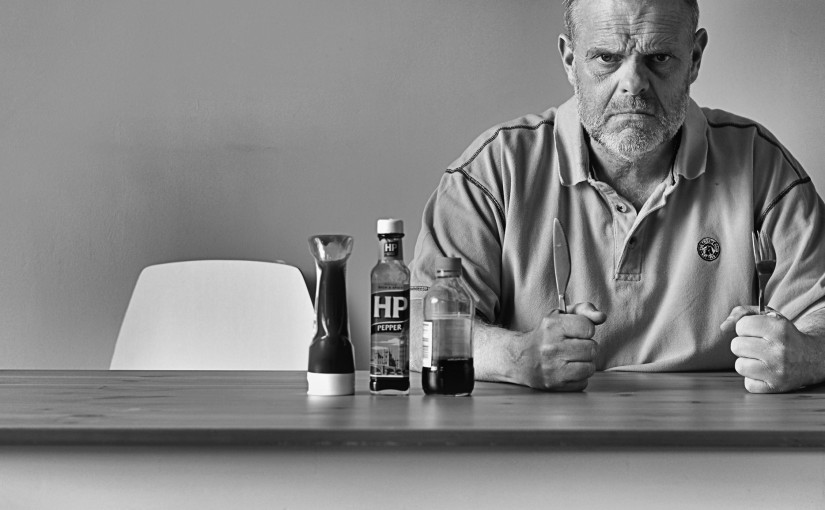
The Health Benefits of Fasting
People have fasted for thousands of years, and for thousands of years, people have held testament to this practice’s health benefits. And it turns out, they were on to something—the latest scientific research shows that the health benefits are real and manifold. Fasting is the practice of not consuming food for extended periods. There are…
-
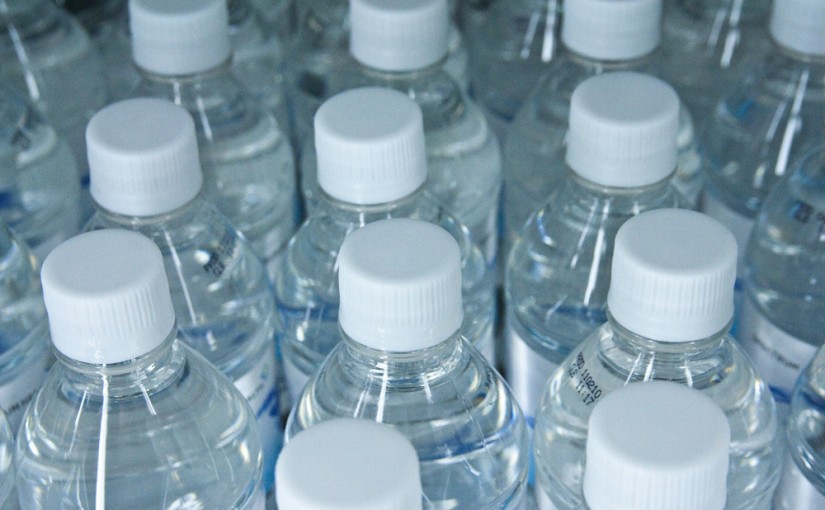
The Health Benefits of Water
We all know water is important to stay hydrated, but do you know all the ways that water is helping you stay at the top of your game? With zero calories and a long list of benefits, there are few things that are healthier or more essential for our bodies than water. Check out these lesser-known…
-
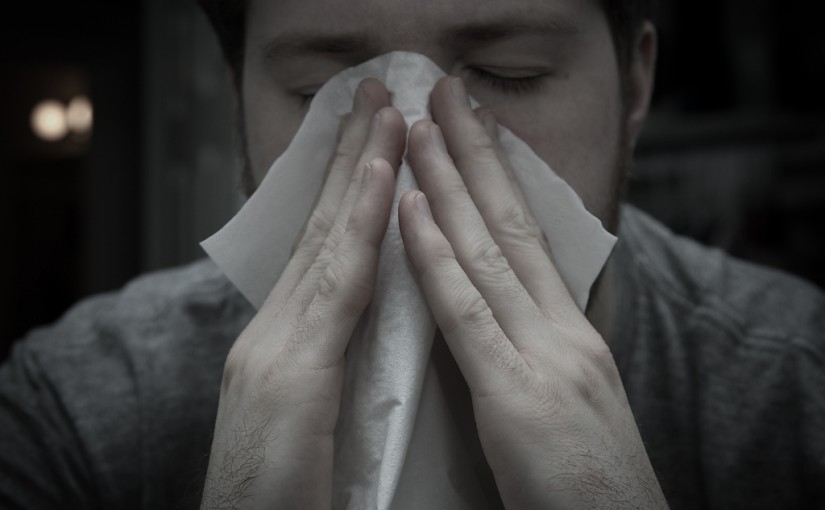
Spring Has Sprung: Dealing With Allergies
Spring means sunnier days, warmer weather, blooming flowers … and for some, the unpleasantness of seasonal allergies. From stuffy noses to coughing to sore throats, allergy symptoms can have a significant impact on your quality of life. If you’re among those with springtime allergies, you don’t have suffer through the entire season. Follow these five…
-
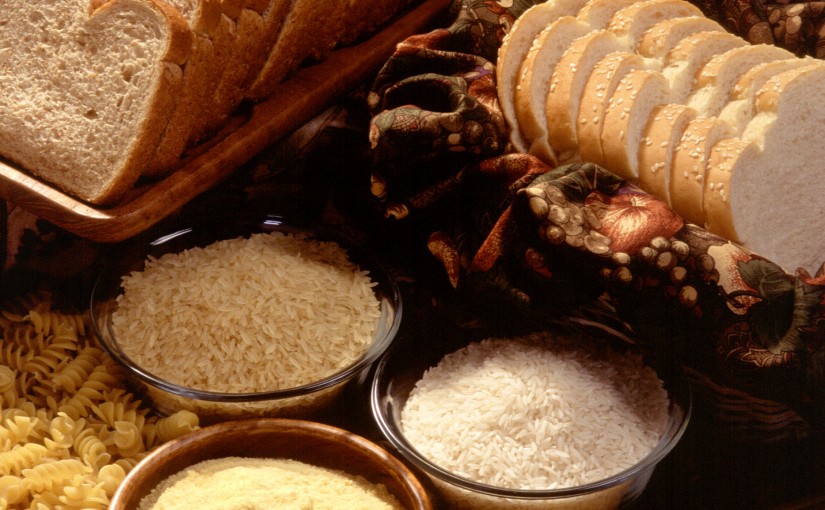
Bread, Rice, Pasta: Why Brown is Better
Many people love pasta and rice. However, most of us prefer the white versions of these foods over the brown because they look much tastier. However, where nutrition is concerned, brown bread, rice and pasta are much better for you. If you want to include more brown bread, rice and pasta in your diet, or…
-
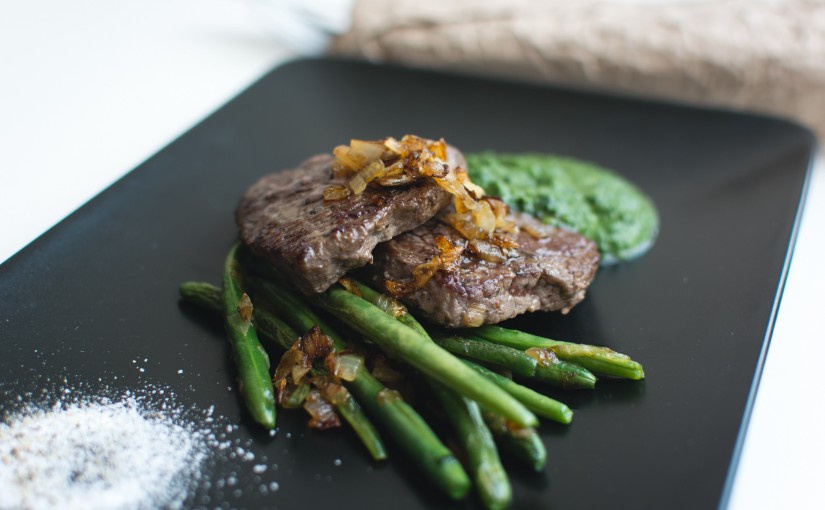
The Benefits of Paleo
As far as diets go, paleo is both very new and very old. At first, this may seem like a contradiction, but people have been eating in this fashion for millions of years, ever since the first hunter-gatherer tribes appeared on Earth. However, it was only just recently that we became aware of the health…